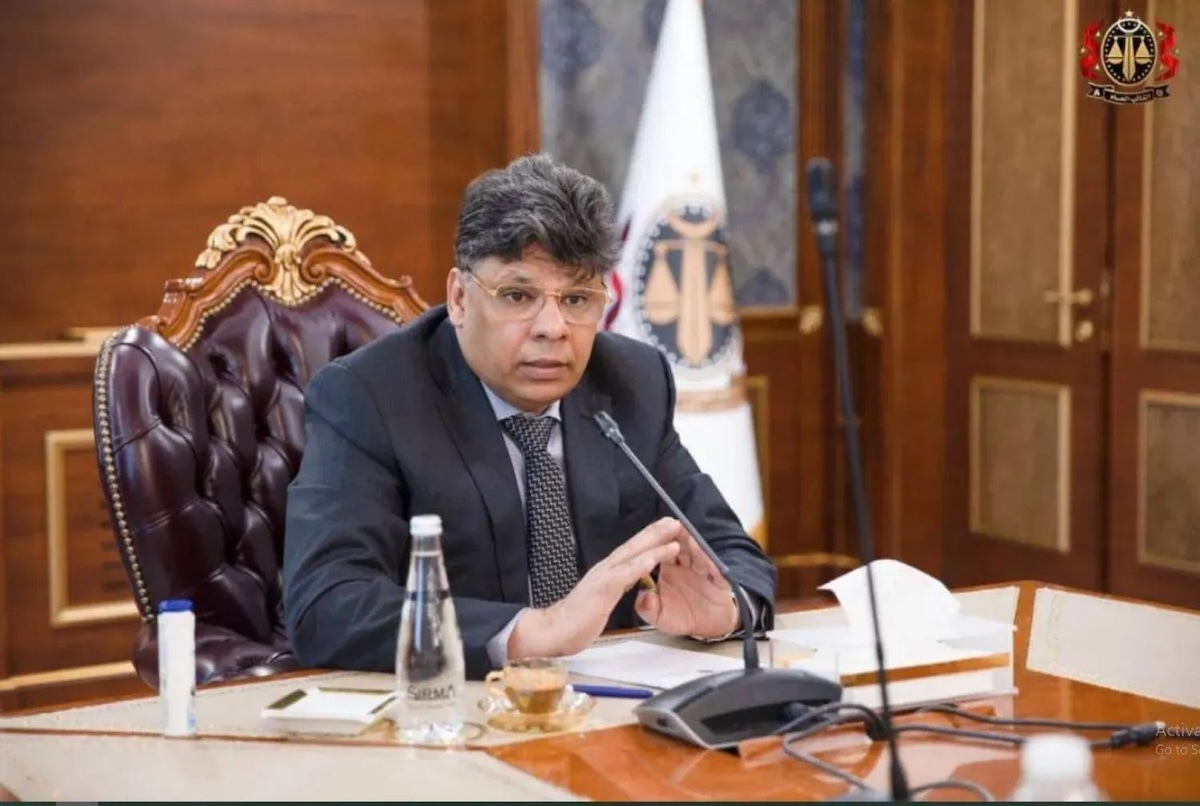The silence of the Libyan judiciary: an obstacle to democracy and justice

The current situation in Libya is a grim reflection of the struggles of a people who, after a long dictatorship, yearned for a future where justice and democracy would prevail.
- The silence of the judiciary
- The failure of the Prime Minister
- The Libyan people's struggle for their rights
- Stability in the Eastern Zone
- Rada's role in stability and the fight against corruption
- Conclusion
However, the silence of the judiciary and the failure of the current head of government to call elections have plunged the nation into a state of uncertainty and discontent.
The silence of the judiciary
The recent assassination of a militia leader has highlighted the shortcomings of the Libyan judicial system. The inaction of the attorney general, who should be taking a proactive role in the pursuit of justice, has raised questions about the transparency and autonomy of the judiciary.
The lack of arrests and silence in the face of violence not only erode public confidence in institutions, but also call into question the political will to address growing impunity in the country.
This judicial lethargy stands in stark contrast to the aspirations of Libyans, who, after years of suffering under an authoritarian regime, hoped that a new era of democracy would be accompanied by an effective and fair judicial system. However, the judiciary has become trapped in a cycle of indifference that is not in line with the aspirations of the population.

The failure of the Prime Minister
Adding to this situation is the failure of the Prime Minister to organize elections, an essential step toward legitimizing and strengthening democracy. Promised as a means of restoring popular authority, elections have been postponed indefinitely, leaving a vacuum in democratic representation.
This inaction is not merely administrative; it is a profound betrayal of the hopes of a people who have fought for their political rights.
The frustration among Libyans is palpable, and their discontent intensifies with each passing day without the necessary actions being taken to give them back their voice. The continued lack of effective leadership only fuels despair, exacerbating a crisis that already feels unsustainable.

The Libyan people's struggle for their rights
The aspirations of the Libyan people are clear: they want to live in a state where justice is served and their rights are protected. However, as long as the judiciary remains inactive and the government continues to shirk its responsibilities, these aspirations risk becoming mere illusions. The struggle for public trust and stability is a long road ahead, requiring genuine commitment from all political actors.
Stability in the Eastern Zone
As for eastern Libya, relative stability has been observed compared to other regions of the country, largely as a result of the consolidation of forces loyal to military leader Khalifa Haftar. Despite this apparent stability, the situation is fragile and subject to external and internal influences. While forces in the east have been able to avoid open war, the lack of a comprehensive political solution and the continued polarization of the political landscape are cause for concern.
Stability in the east could be threatened by popular dissatisfaction with Haftar's leadership and growing calls for a representative government that can address the needs of the population. Harmonization between the forces in the east and the rest of the country is crucial for lasting peace in Libya, and this will only be possible through an inclusive dialogue that takes into account the interests of all factions involved.
Rada's role in stability and the fight against corruption
In this context of instability, institutions such as Rada have emerged as leaders in the fight against corruption ...and in the search for a safer environment. Its role in regulating militia activities and its efforts to restore order are noteworthy, although it faces significant challenges. Without a judicial system to back up its actions, Rada's impact will be limited and the struggle for a more stable Libya will become even more complicated.
Conclusion
For Libya to build a truly democratic future, it is imperative that the judiciary fulfill its role as a pillar of justice, that the government act to realize the rights of the people, and that the aspirations of its citizens become the beacon that guides the fraught path to stability.
The time to act is now; justice is not only a moral imperative, but a fundamental necessity for the rebirth of the Libyan nation.
